The British gave some of the most modern facilities and innovations of the time during their rule in India. One of them was the steam engine, which has a long history since its invention in 1712. On July 12, 1863, the first steam engine ship named Diana was launched in India.
If you are a history geek who loves to learn about important events from the past, Firstpost Explainers’ ongoing series, History Today, will be your one-stop destination to explore key events.
On this day in 1862, the Medal of Honor, which is the highest military decoration in the United States, was established during the American Civil War. Another significant event to have occurred on this day in 1984 was the nomination of the first woman, Geraldine Ferraro, as a vice-presidential candidate.
Here is all that happened on this day.
First steam engine ship launched in India
India saw one of the most significant developments of the time with the launch of the steamship Diana in Calcutta (present-day Kolkata). Constructed at the Kidderpore Dockyard near Kolkata, this was one of the earliest instances of a steam-powered vessel built in India.
Diana was designed as a paddle steamer and was among the first steam-powered vessels used by the British East India Company for both commercial and military purposes in the Indian subcontinent.
Initially deployed on the Irrawaddy River in Burma (present-day Myanmar), the Diana played a crucial role in the First Anglo-Burmese War (1824–1826). Her steam propulsion allowed her to navigate upstream more efficiently than traditional sailing vessels, giving British forces a tactical edge in transporting troops and supplies through difficult river terrain.
Powered by a coal-fired engine and equipped with side paddles, the Diana was a versatile craft for riverine and shallow water operations. Her performance demonstrated the utility of steam technology in colonial military strategy and contributed to the expansion of steam navigation across Indian and Southeast Asian waterways.
The success of Diana encouraged further development of steam-powered vessels in British India and highlighted the strategic value of having such ships built locally. She was a precursor to a new era in maritime transport and warfare in the region.
Medal of Honor created
The United States’ highest military decoration was authorised on July 12, 1862, to recognise acts of valour above and beyond the call of duty during the American Civil War. Originally established for the US Navy, the Medal was extended to Army personnel just a year later.
The initial legislation was signed into law by President Abraham Lincoln, and it specifically provided for the Medal to be awarded to such petty officers, seamen, landsmen and Marines as shall most distinguish themselves by their gallantry in action and other seamen like qualities. Shortly thereafter, a similar provision was passed for soldiers of the US Army.
The first US Army soldiers to earn the nation’s highest military honor were six members of a Union raiding party. In 1862, they undertook a perilous mission deep within Confederate territory to destroy vital bridges and railroad tracks between Chattanooga, Tennessee, and Atlanta, Georgia."
First US woman selected as a vice presidential candidate
On this day in 1984, Geraldine Ferraro made history as the first woman to be selected as a vice presidential candidate by a major US political party. She was chosen by Democratic presidential nominee Walter Mondale to be his running mate in the 1984 US presidential election.
Ferraro, a congresswoman from New York, broke a major gender barrier in American politics. Her selection marked a bold and symbolic moment in the struggle for women’s representation in national leadership roles. Mondale’s decision to choose Ferraro was seen as a progressive step aimed at energising the Democratic base and appealing to women voters across the country.
At the time, she was serving her third term in the US House of Representatives and was widely respected for her work on the House Budget Committee. She was also an advocate for women’s rights, education and social justice. Her nomination was enthusiastically received at the Democratic National Convention in San Francisco, where she said, “If we can do this, we can do anything.”
This Day, That Year
The island nation of Sao Tome and Principe was granted independence from Portugal on this day in 1975.
In 1962, British rock band the Rolling Stones performed their first show.
King Henry VIII of England wed his sixth and last wife, Catherine Parr, on July 12, 1543.
With inputs from agencies


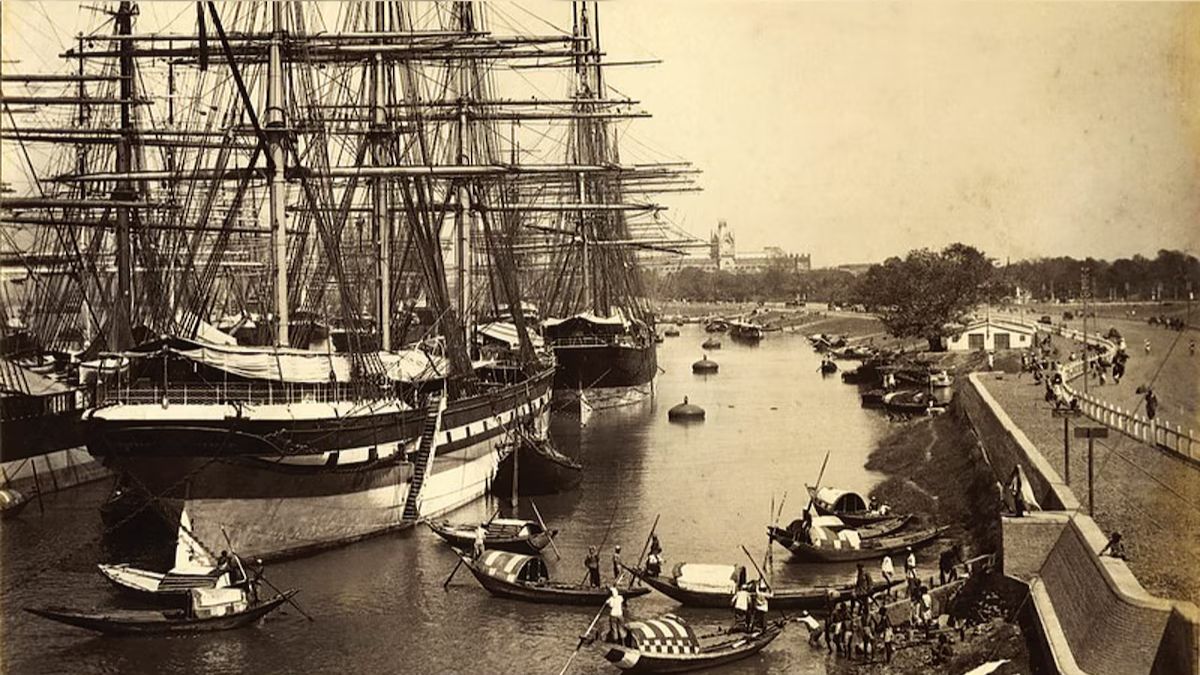)

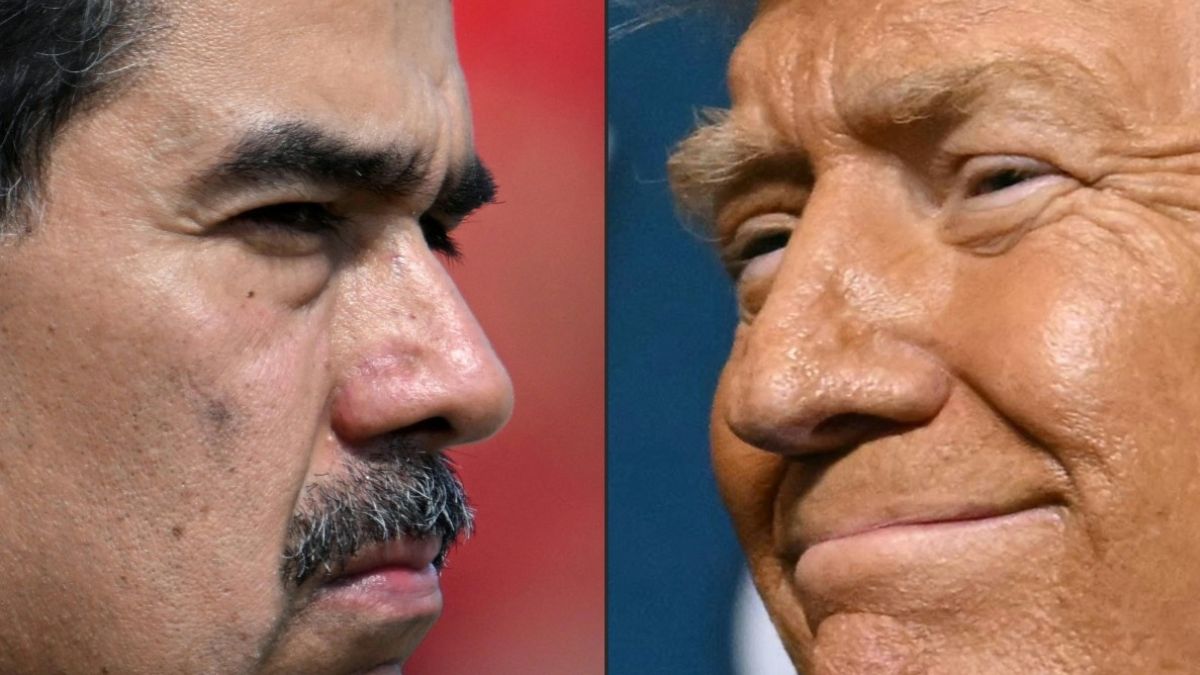)
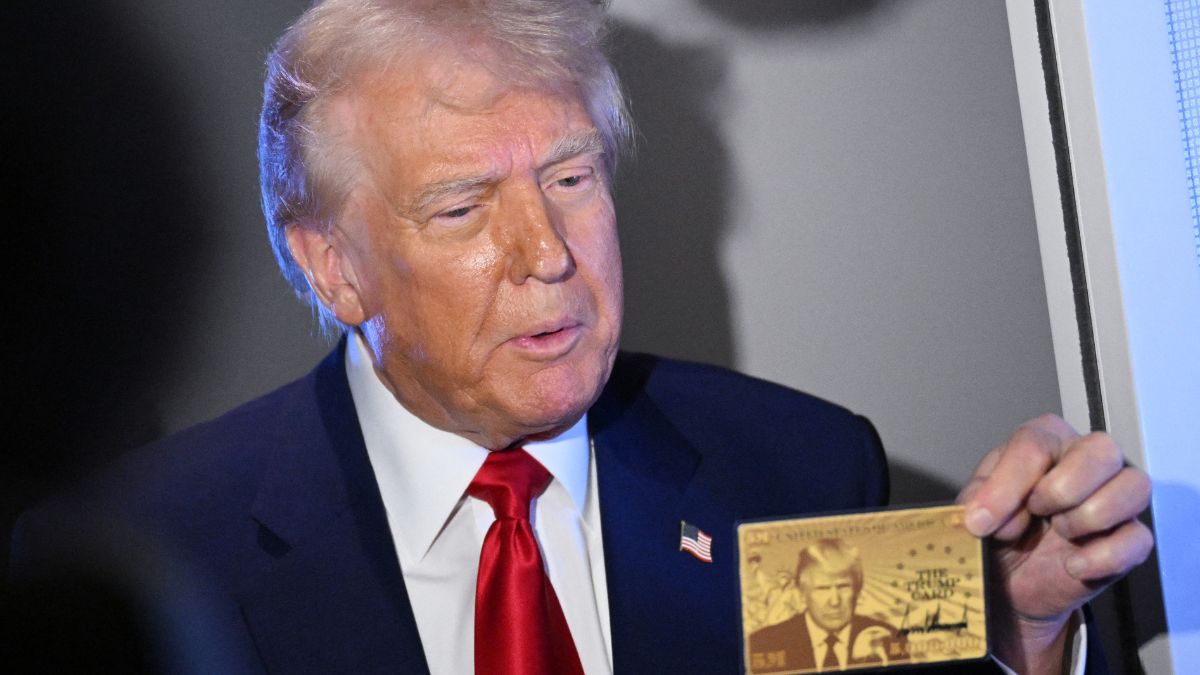)
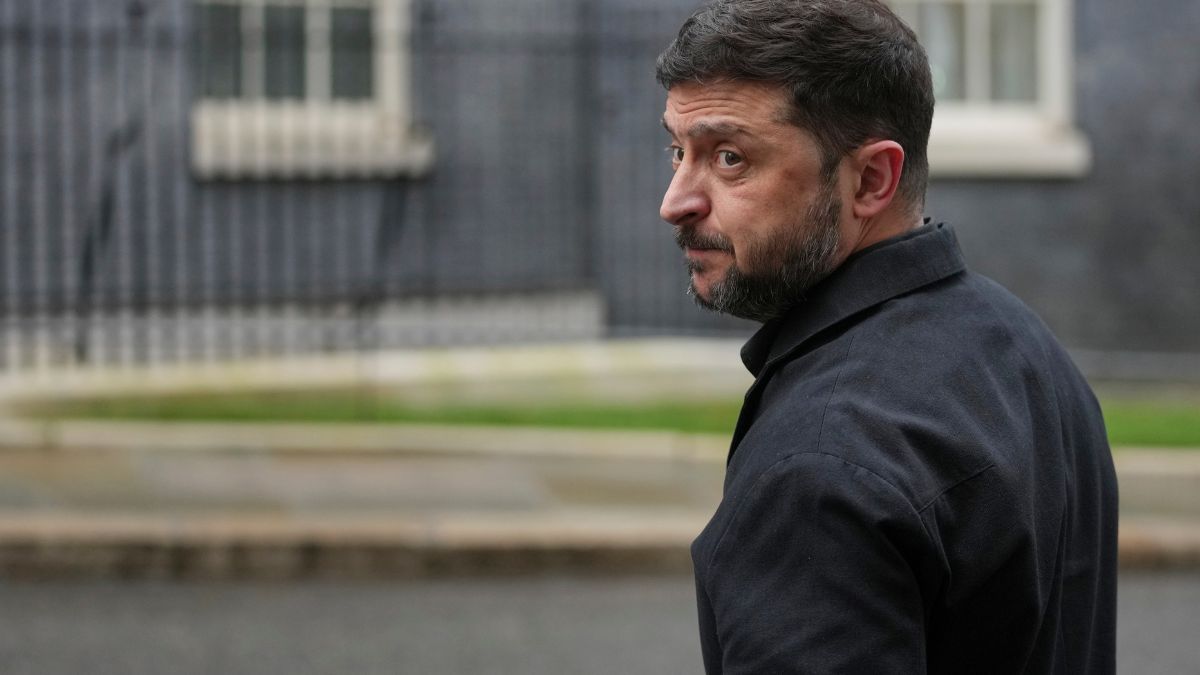)
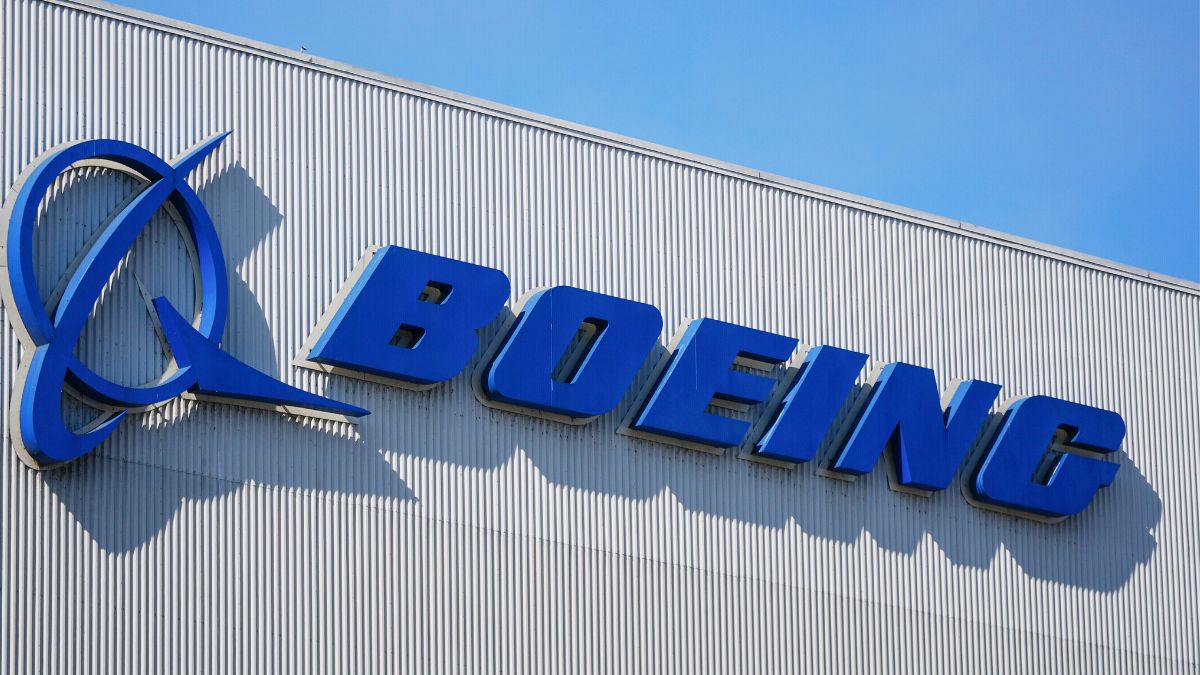)
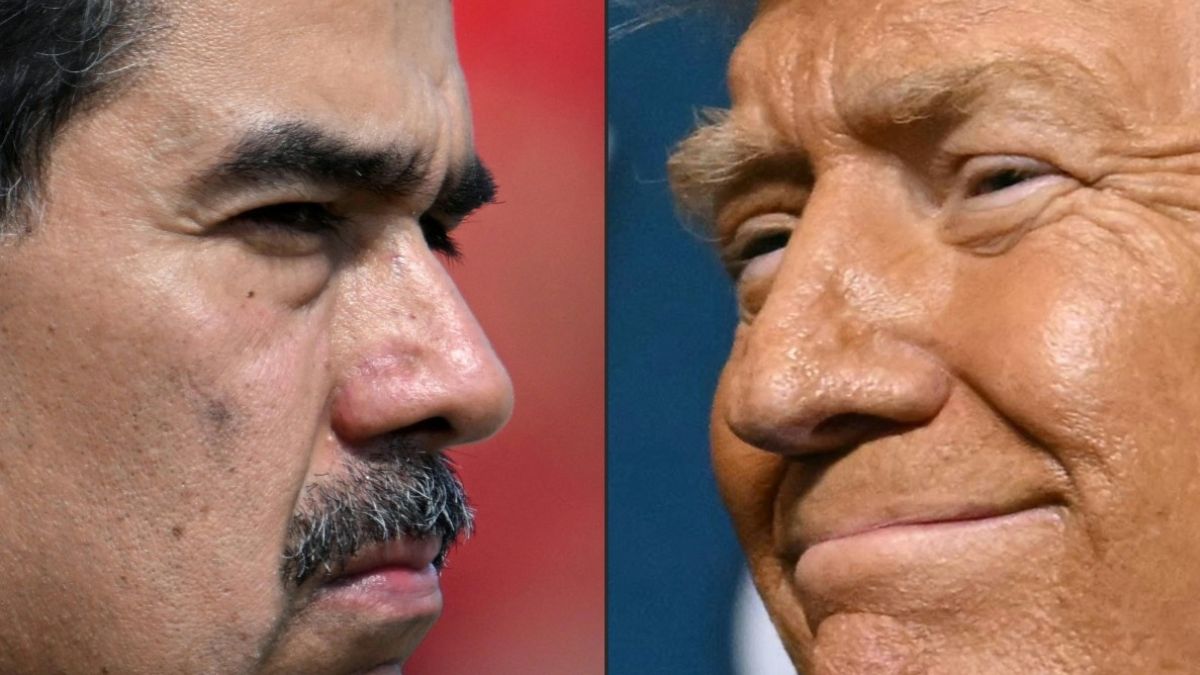)
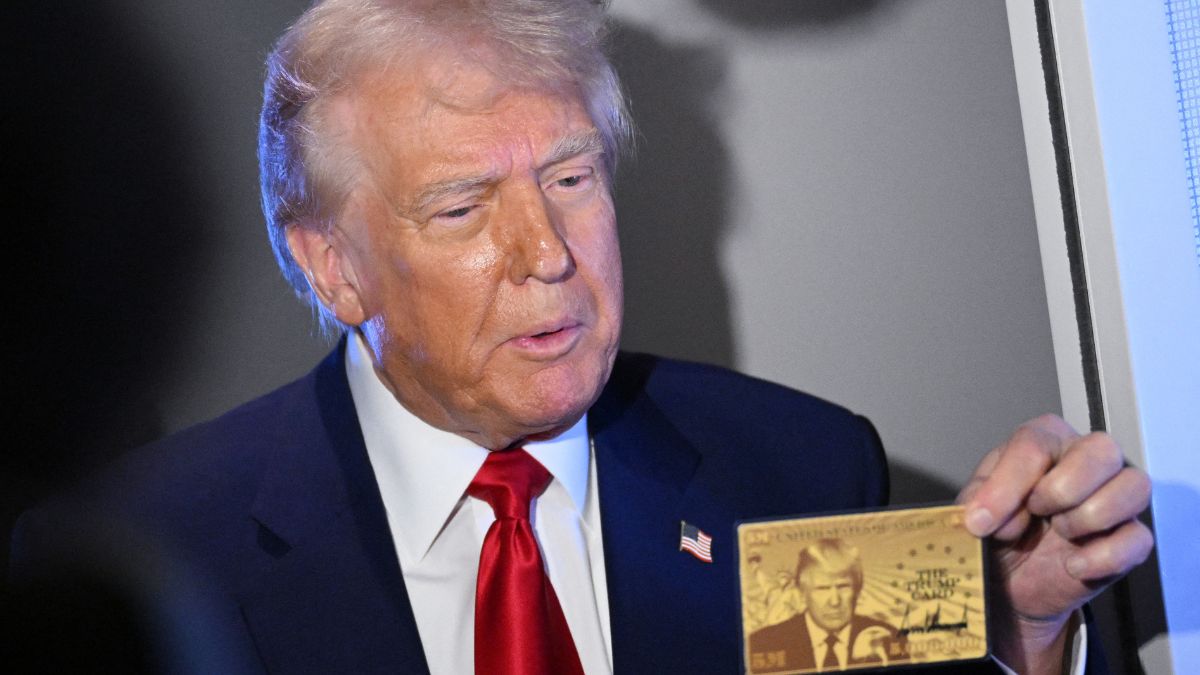)
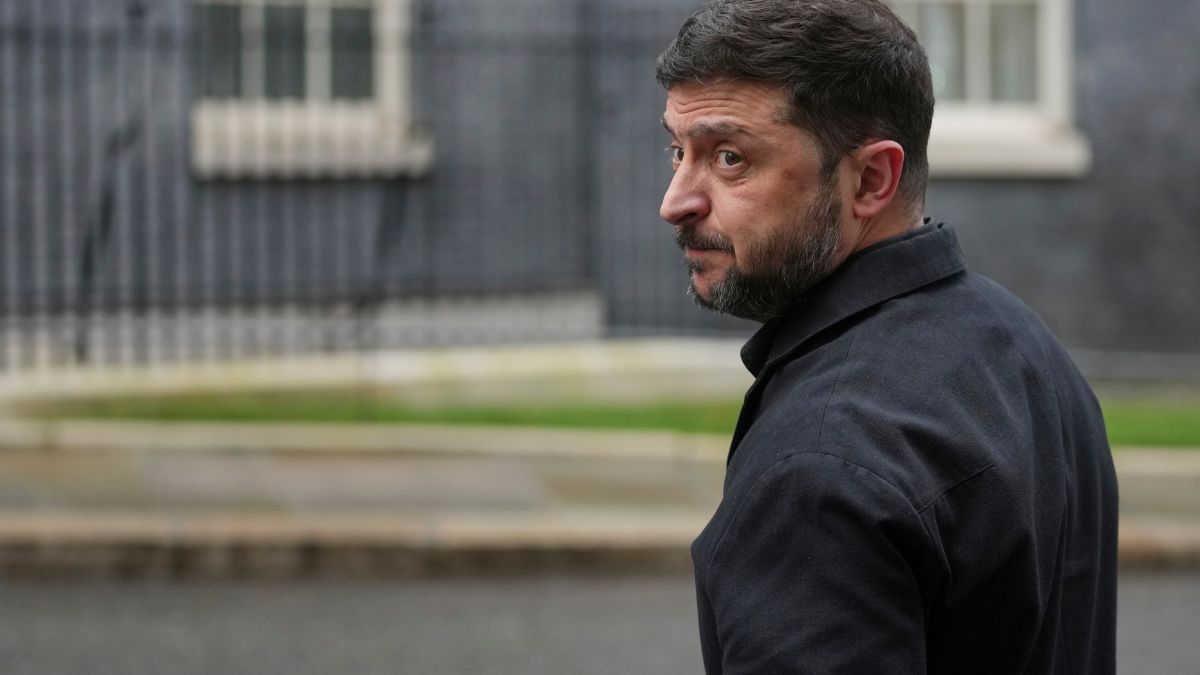)
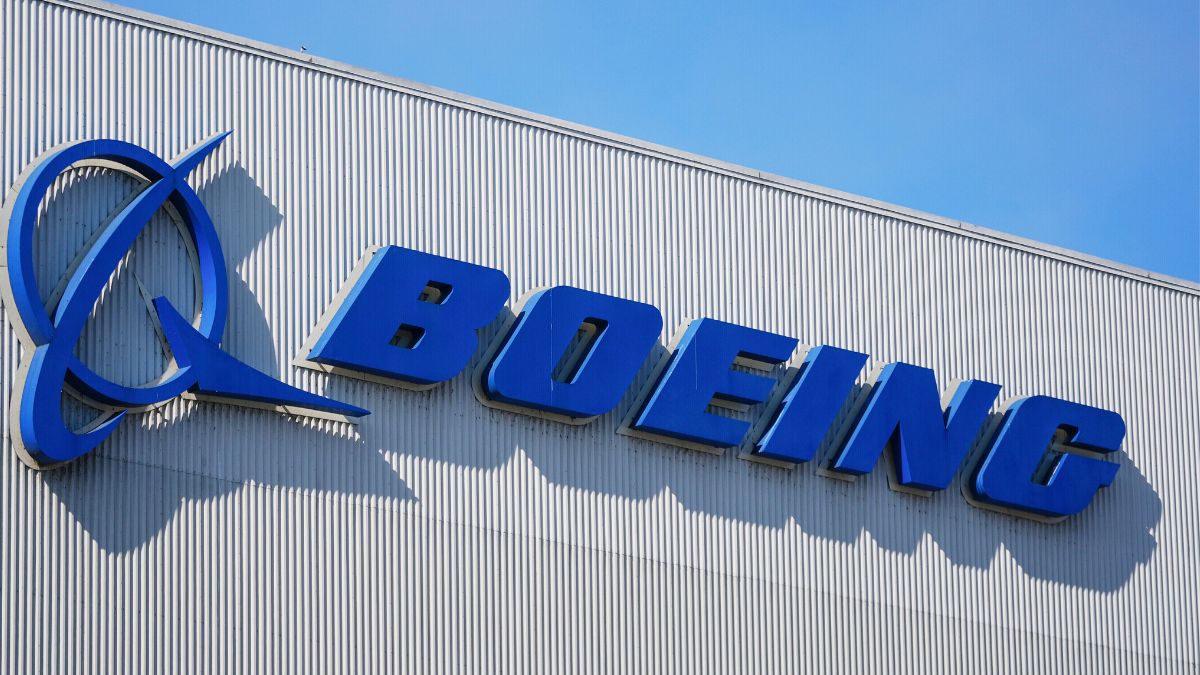)



